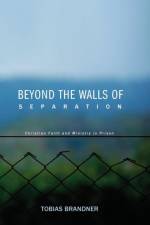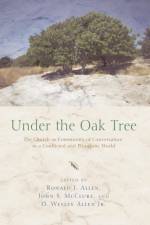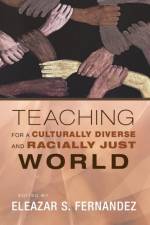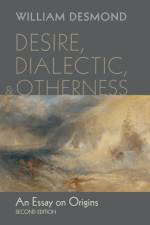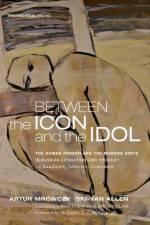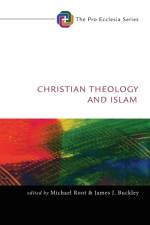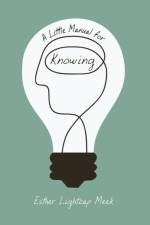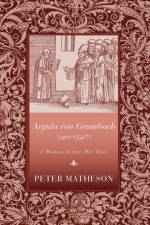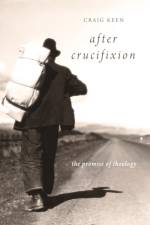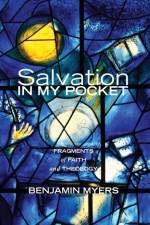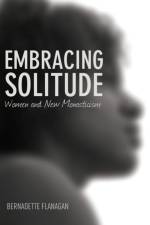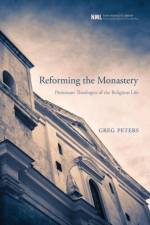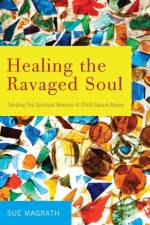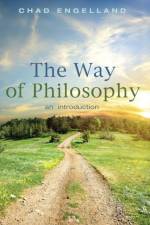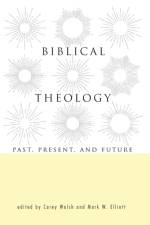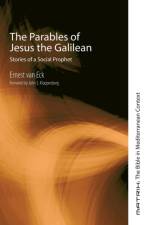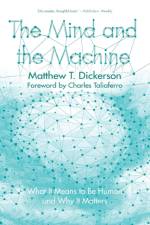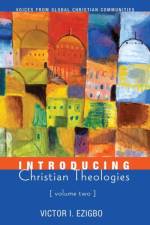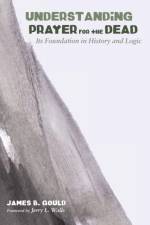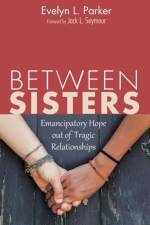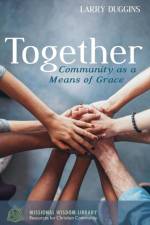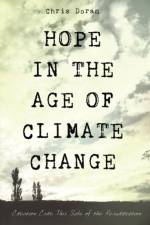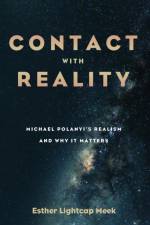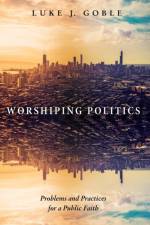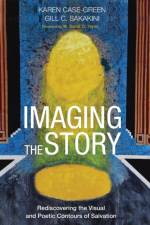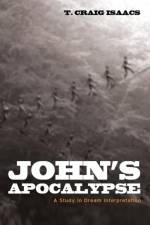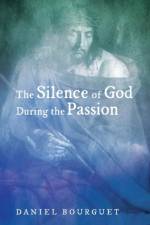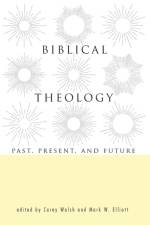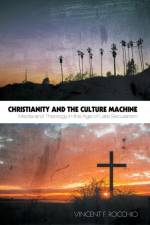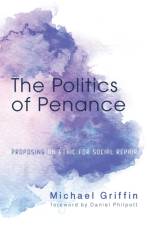385,-
This book offers two things in particular: first, these are papers that have been commented on and re-worked in the context of a set of lively sessions from (International) SBL conferences from 2012 to 2014 (Amsterdam, St. Andrews, Vienna). Second, they offer an insight into the origins of the discipline as one which became conscious of itself in the early modern era and the turn to history and the analysis of texts, to offer something exegetical and synthetic. The fresh wind that the enterprise received in the latter part of the twentieth century is the focus of the second part of the volume, which describes the recent activity up to the present ""state of the question."" The third part takes a step further to anticipate the way forward for the discipline in an era where ""canon""--but also ""Scripture"" and ""theology""--seem to be alien terms, and where other ideologies are advanced in the name of neutrality. Biblical Theology will aim to be true to the evidence of the text: it will not always see clearly, but it will rely on the best of biblical criticism and theological discernment to help it. That is the spirit with which this present volume is imbued.""Questions of biblical theology are, at heart, questions about the understanding of the Bible in contemporary Christian thought and life. This collection of essays is a good guide to many of the key issues in contemporary debate about these questions."" --Walter Moberly (University of Durham)""We are in the debt of editors Walsh and Elliott for a volume that is historically informed (from Gabler on), engaged with all the relevant secondary literature of the past century, and thoughtfully undertaken. I have wondered if a contribution of B. S. Childs was simply his ability to keep an eye on biblical theology and interpretation at widest possible scholarly range, and to evaluate it on those comprehensive terms--the danger being that the discipline would otherwise break up into tribes of special interest or self-reference. The editors and contributors to this volume have kept that same goal in mind and have done so with fine scholarship and focused attention. The uncluttered title, Biblical Theology, is just right.""--Christopher Seitz, Senior Research Professor of Biblical Interpretation, Wycliffe College, University of Toronto; Author, Joel: The International Theological Commentary ""This outstanding book will introduce the reader into the questions that currently animate the field of Biblical Theology. One cannot say enough good things about the comprehensive character of the essays as whole, the consistent brilliance of their execution and even energy which bubbles underneath the various contributions. Highly recommended!"" -- Gary A. Anderson, Hesburgh Professor of Catholic Theology, University of Notre DameMark Elliott is Professor of Divinity (Historical and Biblical Theology) at the University of St. Andrews. He is author of Engaging Leviticus (2012) and Providence Perceived (2015).Dr. Carey Walsh is Professor of Old Testament at Villanova University. She is the author of The Fruit of the Vine (2000), Exquisite Desire (2000) and, most recently, Chasing Mystery: A Catholic Biblical Theology (2013).

